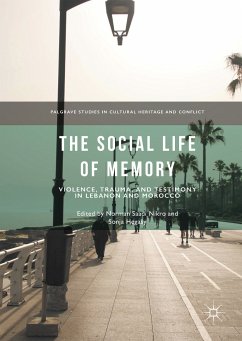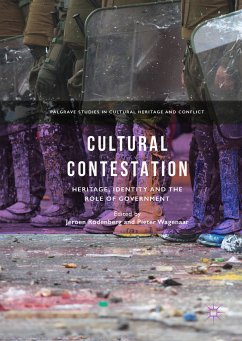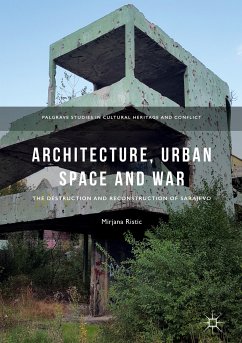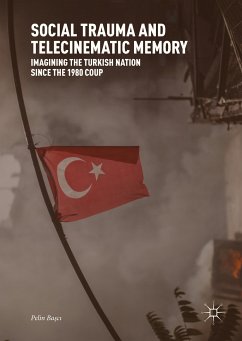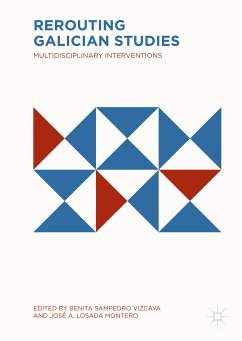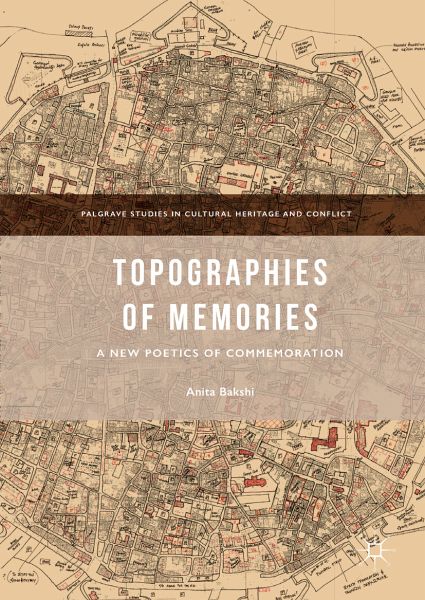
Topographies of Memories (eBook, PDF)
A New Poetics of Commemoration
Versandkostenfrei!
Sofort per Download lieferbar
88,95 €
inkl. MwSt.
Weitere Ausgaben:

PAYBACK Punkte
44 °P sammeln!
This book explores new approaches towards developing memorial and heritage sites, moving beyond the critique of existing practices that have been the traditional focus of studies of commemoration. Offering understandings of the effects of conflict on memories of place, as manifested in everyday lives and official histories, it explores the formation of urban identities and constructed images of the city. Topographies of Memories suggests interdisciplinary approaches for creating commemorative sites with shared stakes. The first part of the book focuses on memory dynamics, the second on Nicosia...
This book explores new approaches towards developing memorial and heritage sites, moving beyond the critique of existing practices that have been the traditional focus of studies of commemoration. Offering understandings of the effects of conflict on memories of place, as manifested in everyday lives and official histories, it explores the formation of urban identities and constructed images of the city. Topographies of Memories suggests interdisciplinary approaches for creating commemorative sites with shared stakes. The first part of the book focuses on memory dynamics, the second on Nicosia, the divided capital of Cyprus, and the third on physical and material world interventions. Design practices and modes of engagement with places of memory are explored, making connections between theoretical explorations of memory and forgetting and practical strategies for designers and practitioners.
Dieser Download kann aus rechtlichen Gründen nur mit Rechnungsadresse in A, B, BG, CY, CZ, D, DK, EW, E, FIN, F, GR, HR, H, IRL, I, LT, L, LR, M, NL, PL, P, R, S, SLO, SK ausgeliefert werden.



